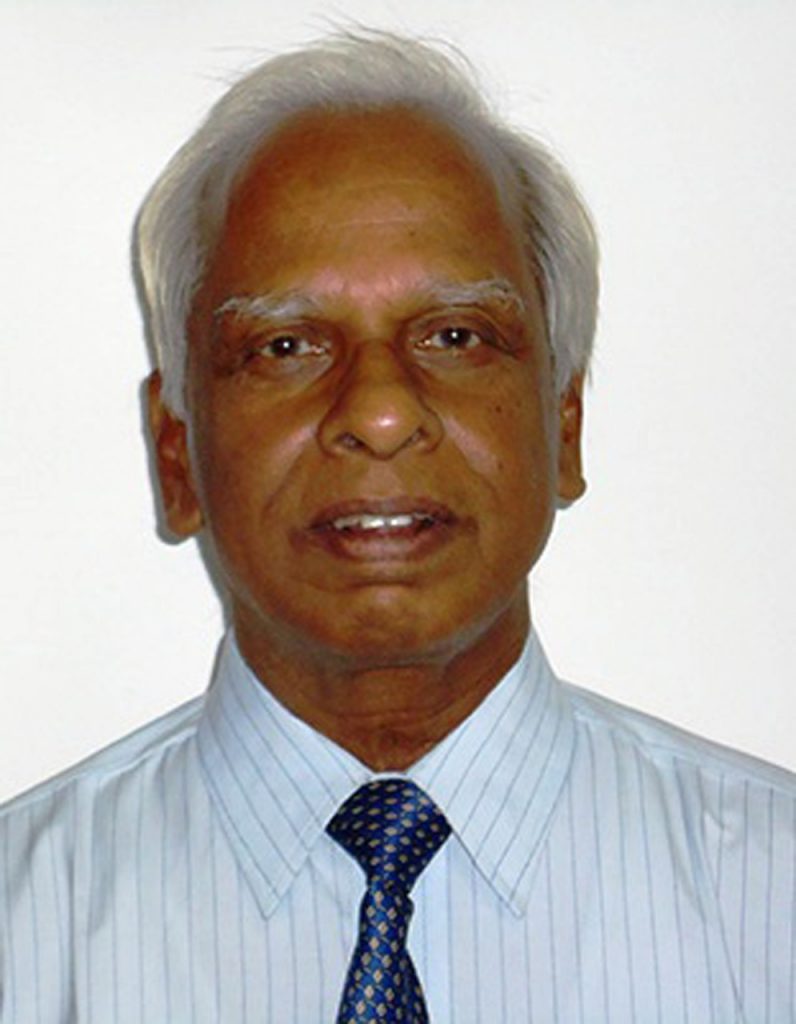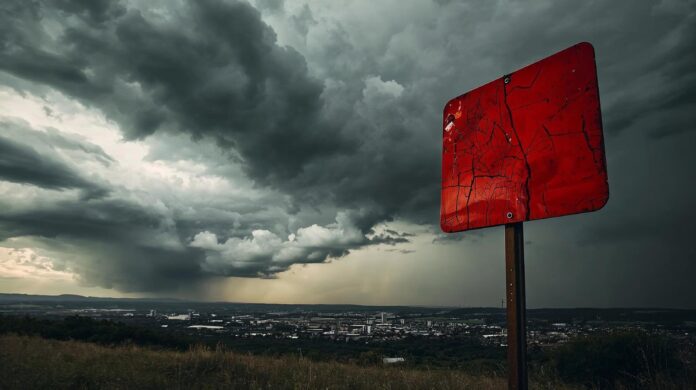The other day, a young and bright researcher, who works with a Language Institute in Bhubaneswar, asked me, perhaps knowing my interest in Sarala Mahabharata, why one should engage with our classical texts today. The world has changed, and people’s worldview has changed, as have their belief systems. The world we live in today poses challenges different from those when our classics were composed. As a result, we cannot meaningfully relate to our classical texts in terms of either content or form of expression.
Like some teachers in those days, I did not answer her question but started telling her a story. In those days, storytelling was a mode of answering a knowledge-seeking question. Today, we have neither time nor patience for such a mode of response. Her facial expression showed her discomfort in having to face a story, but as politeness demanded, she listened to me because I am about half a century older than her. My story was this:
The Great War at Kurukshetra was to take place. Only the time had to be decided. At the most venerable Kuru elder Bhishma’s suggestion, the Kauravas invited the Pandavas to Hastinapura to work out a code together for the conduct of the war. The Pandavas came to Hastinapura, and with them was Sri Krishna. The Pandavas and the Kauravas worked out a war code. According to the code, weapons received from the gods must not be used in the war; only those, the knowledge of which one had acquired from one’s guru, would be used. Arjuna would not use the arrow “Manavedi”. It was with this arrow that only recently he had won the war singlehandedly against the mighty Kauravas for the king of Virata.
After the war code was accepted, Bhishma spoke. “You have taken the vow,” he told Krishna, “that you would only be the charioteer of Arjuna in the battlefield and not wield a weapon. O, the One of infinite kindness, O, the One with boundless benevolence for His devotees, know that I am the servant of your servant. I know that you will break your oath. On my account, you will wield a weapon.”
“You have taken avatara to reduce the burden of the earth. You will be the witness in the war for both sides. We will fall in the battlefield, looking at you, and will be rid of the burden of our cumulative sins of countless existences,” said Bhishma. With those words, the meeting ended. Those who had assembled there left for their respective places of stay. The Pandavas returned to Jayanta. They had to make preparations for the war to start the following day.
Krishna did not say anything by way of response to Bhishma. On the sixth day of the battle, he attacked Arjuna with an infallible divine arrow, and Arjuna had no arrow to neutralize it. Unseen by everyone in the battlefield except Hanuman on the top of Arjuna’s chariot, Krishna destroyed it with his Sudarshana chakra. And on the ninth day, Krishna rushed to Bhishma’s chariot with Sudarshana chakra in his hand, setting aside details, and everyone in the battlefield saw that. Everyone saw that Krishna had broken his vow. Bhishma had won. Narayana did not disappoint his devotee.
Returning to the non-mention of the Indra-given weapon to Karna in the discussion, Bhishma must have known that it would make no difference to the war. He knew it would be ineffectual. He knew Krishna would intervene if there was a threat to Arjuna’s life. And when the Avatara had chosen to protect Arjuna, which weapon in all the brahmandas could harm him?
With this, my story ended. “Now, set aside the bhakta and Bhagawan aspect,” I told the young researcher. “Let us think of something else.” It was at the venerable Bhishma’s suggestion that the war code was prepared. He was a party to the making of the code. And he was the first to announce that he would break the code.
How was he going to force Krishna to break his vow? He knew he would break his vow to save Arjuna. That would happen if he used an arrow that Arjuna would not be able to neutralize because it could be destroyed by the Avatara’s Sudarshana Chakra alone. That was what he did. Lord Balaram condemned him for using a divine arrow in a human war and was going to punish him for that. He was saved because of Krishna’s intervention.
But is it fair to charge Bhishma with violating the code? He surely had not received that astra from some god, the way Arjuna had received the “Pasupata” astra from Lord Shiva. Without the intervention of a guru, he had acquired all knowledge in his mother Ganga’s womb, because of which he had no guru in the mortal world. She was the goddess Ganga, incarnated as a human. She married Santanu and Bhishma was their son. But the human Ganga never forgot that she was divine. So, given the way he had acquired knowledge, including that of the astras, the astra Bhishma used against Arjuna was neither received from his guru nor from any god. So, strictly speaking, he had not violated the code. But Bhishma’s acquisition of knowledge was exceptional. Now, “guru”, mentioned in the war code, referred to the preceptors who lived in the world. So, in the context of the war code, Bhishma’s weapons could be interpreted as having been given to him by the divines. In that sense, he had violated the war code, to which, to repeat, he was a party.
Every morning, on television, for about two years now, I have been witnessing the devastation caused by the Russia-Ukraine war and the Hamas-Israel war – thanks to technology, we have been experiencing the war in some measure in our sitting room. And Bhishma comes to my mind, as the one who made the war code and broke the code. The two wars mentioned above would not have gone on for so long if there were no support from outside, and it is believed fairly widely that among the providers of support, there are some who are entrusted by the United Nations to maintain peace in the world.
“So, isn’t ‘time past’ present in ‘time present’?” I asked the young scholar, borrowing from T.S. Eliot. “Is the world our classical texts depict so different from the world we live in, in essential terms? Is it reasonable to assert that our past is irrelevant to us?” I asked her. I have no idea whether she thought there was some sense to what I had said. I am waiting for her response.
(The views expressed are the writer’s own)

Prof. B.N.Patnaik
Retd. Professor of Linguistics and English, IIT Kanpur
Email: bn.patnaik@gmail.com
(Images from the net)

